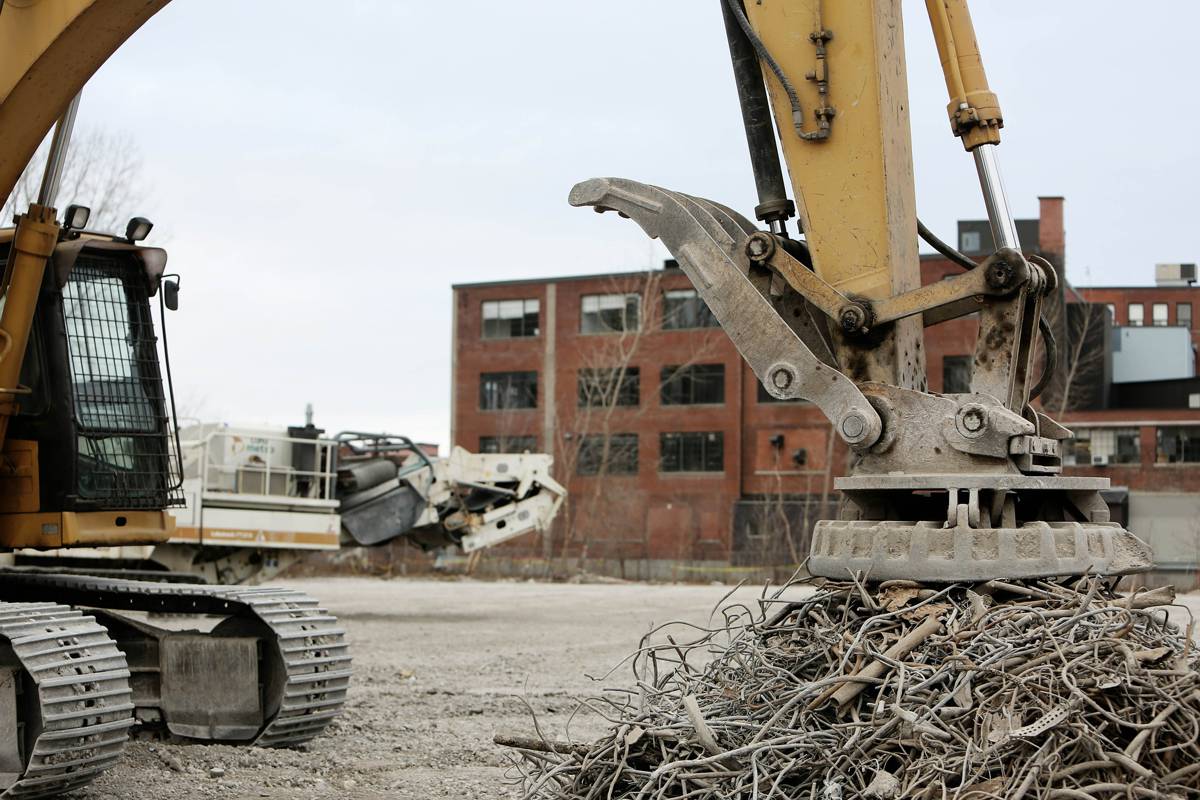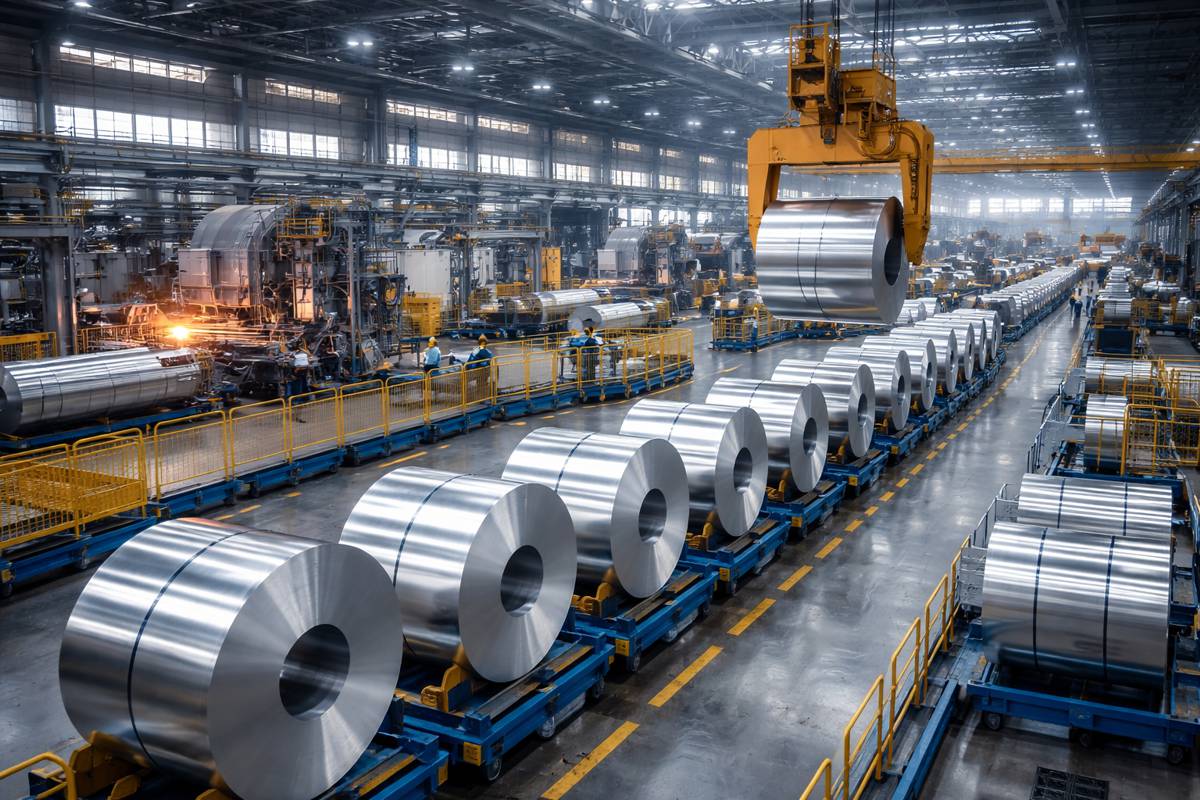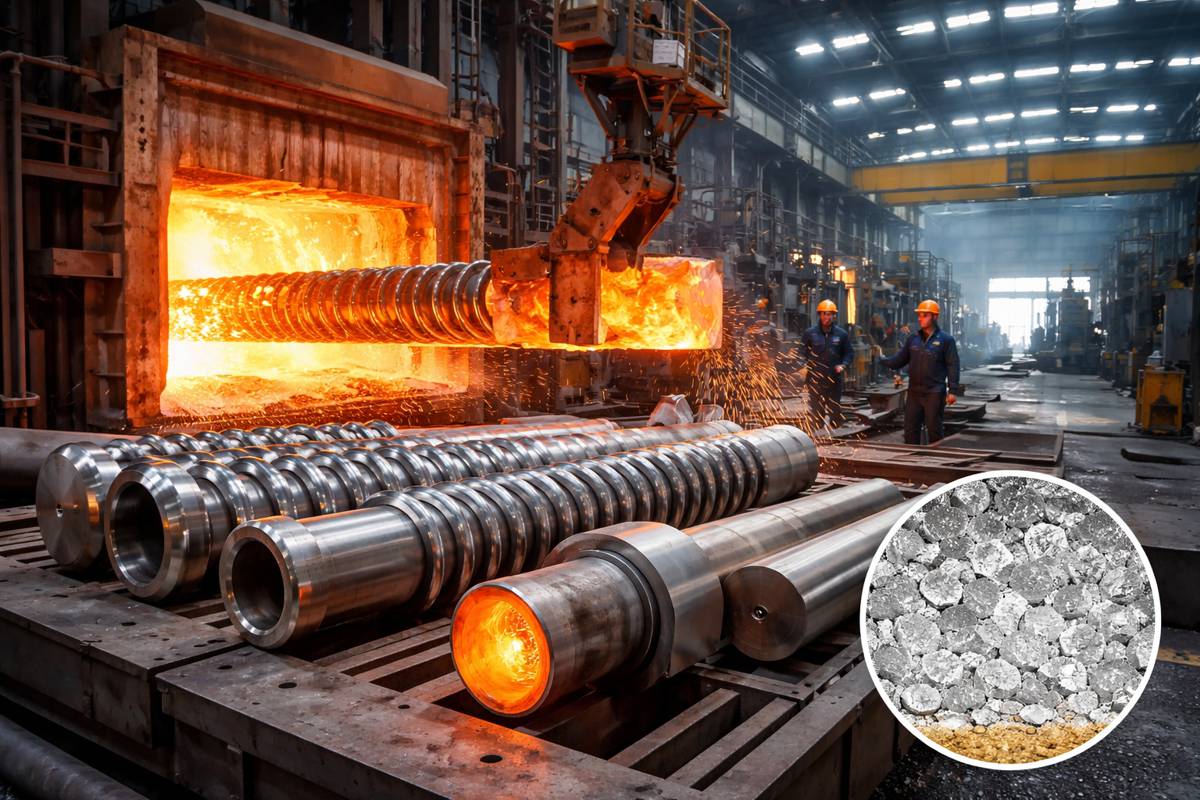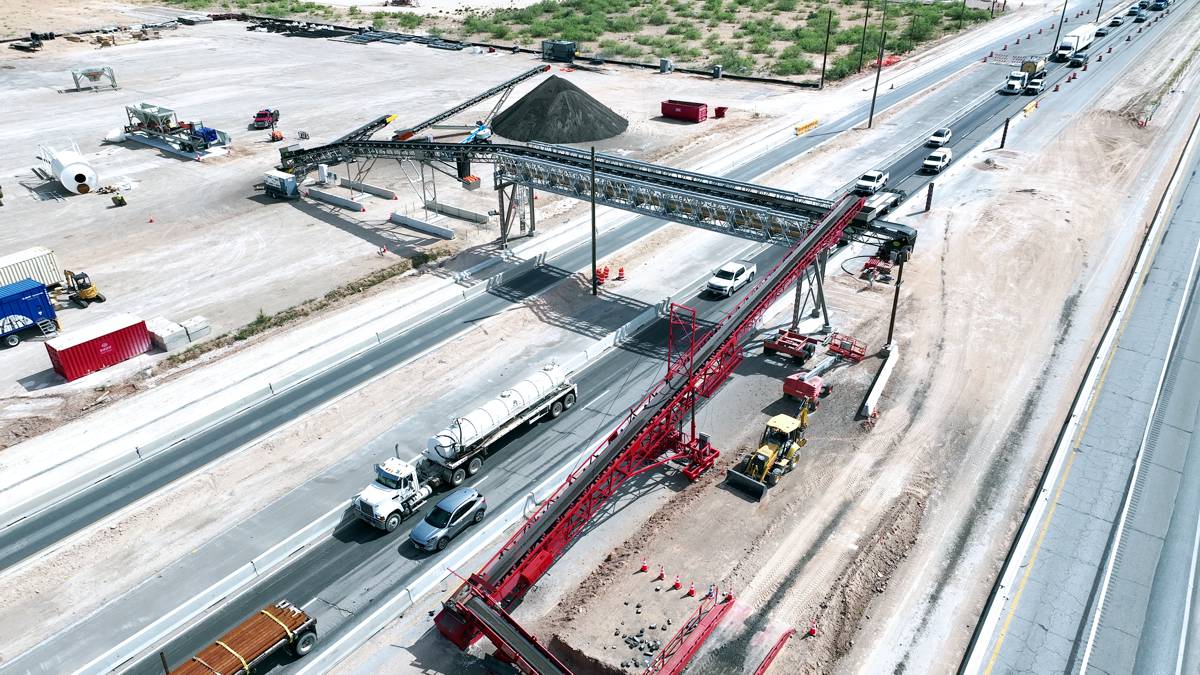Use of Waste Materials in Highway Construction
As populations continue to grow, we see an increasing demand for supporting infrastructure. There are more cars on the roads; as such, we need to construct and repair more highways. But with this growth, our society produces greater volumes of waste material.
Contractors are aware of the growing garbage problem. With any new construction project, recycling materials is a great way to limit waste production. We can reuse what we already have instead of producing new materials.
The materials required for building new highways can be hard to come by. By recycling waste materials, we can limit resource extraction, reduce our environmental impact, and avoid overfilling landfills.
The Benefits of Using Waste Materials for Highways
Is it really advantageous to reuse waste materials? Yes! This eco-friendly practice provides a host of benefits. Here’s why we’re seeing more contactors use recycled materials for highway construction:
Lower the cost of construction
It always costs more to extract and produce new materials than to recycle what we already have. Constructing highways with existing materials is highly economical, especially when new materials are scarce and expensive.
Less impact on the environment
It takes some energy to recycle waste materials, but certainly less than it would to produce new materials. With the latter, resources must be extracted, refined, and produced. Using what we’ve already produced cuts down on greenhouse gas emissions.
The owner of Mr. Garbage writes, “Every junk removal company should strive to recycle as much waste material as possible. By practicing responsible disposal methods, we can reuse materials for future projects, like highway construction.”
Recycling non-biodegradable material puts our planet first. Whenever we reuse construction waste, we prevent that debris from accumulating in landfills.
Extend the lifespan of the highway
In many cases, it’s advantageous to use recycled material over new material. Recycled debris has many benefits; it can strengthen new highways, improve flexibility, and ensure longevity.
Which Waste Materials Can be Used for Highways?
It’s easy to understand the benefits of using fewer natural resources, and reusing materials that we’ve already produced. But can the strength and lifespan of a highway be improved with recycled materials? Yes! We’re going to explain how a few common waste materials are used to construct roadways:
Slag
Slag may contain a range of refined metal materials, including copper, steel, and aluminium. Given the durability of slag, it prevents highways from breaking or changing shape over time. Slag also prevents corrosion.
Rubber Tries
If you own a car, then you’ve probably had to replace your tires a few times. What happens to those tires when they’re sent to a landfill?
The logic behind using rubber tires is this: since car tires are designed not to skid on roads, roads made with them will also have skid resistance. In addition, rubber is a flexible material, which means it can adapt to changing climates and temperatures without cracking.
Construction & demolition debris
Concrete is one of the most abundant types of construction and demolition debris. The contents of the rubble will vary widely; it may contain steel, concrete, brick, and/or asphalt.
Recycling C&D debris makes the construction industry a lot more sustainable. As one building is demolished, those materials can be used for the construction of new highways.
Plastic
Plastic is non-biodegradable, a trait that is a double-edged sword. On one hand, it means the material is durable and will not decompose. But when it comes time to dispose of it, the plastic never breaks down, which makes it very polluting.
Plastic takes up space in landfills and incinerators. As such, recycling plastic is a great way to prevent more from being produced.
Plastic contains high concentrations of polymers, which makes this material an effective binding agent. It has another beneficial property: highways made with amounts of plastic are more stable in fluctuating temperatures. Plastic can be used in the production of modified bitumen.
Glass
Like plastic, glass is non-biodegradable. Reusing it will always be preferable to disposing of it. But when constructing a highway, it must be used sparingly.
A mixture of glass and asphalt (or glasphalt) is effective when it composes 15% of the roadway material or less. In high concentrations, it may result in inadequate skid resistance or breakage. Glass is not resistant to moisture, so it may be unsuitable for certain climates.
Shingles
Most shingled roofs last an average of 20 years. When it comes time to tear them down and build a new roof, those shingles can be recycled into asphalt cement. Once shingles are no longer suitable for a roof, they can be used as a binder for road materials.
Ashes
The mining industry produces many wasteful by-products; however, the environmental impact is reduced when these materials are reused. Ashes are used as a filler when building highways. They can also be used when constructing other materials.
These by-products are widely available in the construction industry. They include:
- Fly ash
- Boiler slag (bottom ash)
- Pond ash
When mixed with other construction materials, different types of ash enhance the surface of highways. They can improve moisture resistance, skidding resistance, and strength of the roadways.
The Challenges of Reusing Waste Materials
This method poses one potential danger: the materials may be contaminated or hazardous. This is why segregating waste is so important.
Materials that are contaminated cannot be reused in highway construction projects. Examples of hazardous waste include lead pipes/paint, anything that contains mercury, and asbestos-containing materials.
In the construction industry, contractors are always looking for new ways to make building practices more sustainable. Reusing waste materials is an efficient, economic, and environmentally-friendly way to construct roadways.





























